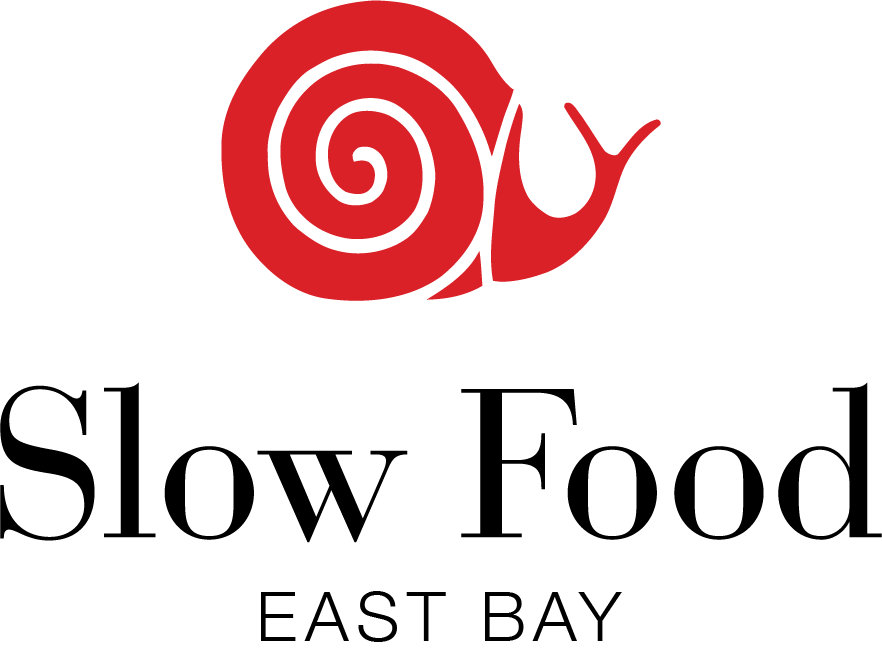What is Slow Food?
Over thirty years ago, a large group of Italians gathered in Rome for a protest. Why? A fast food franchise was opening at the base of the iconic Spanish Steps. But instead of throwing rocks and yelling, the activists fought in big bowls of penne pasta and shared it with the crowd that gathered, chanting:
That gathering was the birth of Slow Food.
Today, it has grown into a global movement active in over 160 countries, involving millions of people. Slow Food USA was formed in 2000 and includes over 80 chapters around the country, each one locally focused and run by volunteers dedicated to ensuring everyone has access to Good, Clean, and Fair Food.
Learn more about what’s happened in the Slow Food International community since that fateful day in 1986 by exploring the timeline.
To delve deeper, check out global campaigns and projects, like Ark of Taste and Terra Madre, and SFUSA’s work, like Slow Fish and Plant A Seed.
Slow Food is dedicated to the development of an equitable, just, and healthy local food system that truly works for all of us. We recognize that injustices — theft of land; farmworker, fisher-harvester and other food and seafood chain worker exploitation; lack of access to land, oceans, freshwaters, and healthy foods; food apartheid neighborhoods; and diet related health problems — are rooted in race, class and gender disparities.
We are committed to:
listening to those most impacted by food injustice
being honest about how white supremacy, economic exploitation, and cultural domination have fundamentally shaped the agricultural history of the U.S.
furthering our own education on how to build a just and equitable food system and supporting our local chapters to do the same; to honoring local knowledge
taking appropriate action to support, deepen or create local food justice and food sovereignty efforts.
We have created an action plan in our Equity Manifesto, an addendum to the original Slow Food Manifesto of 1989 and we look forward to continuing the path toward a more diverse and inclusive Slow Food movement.

